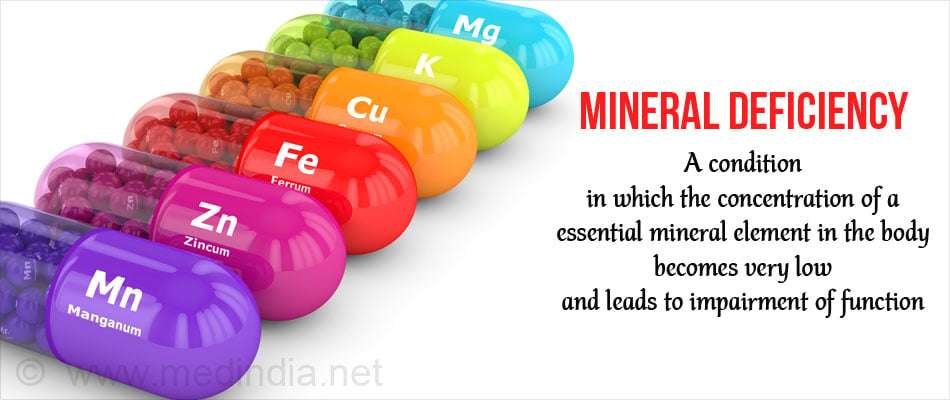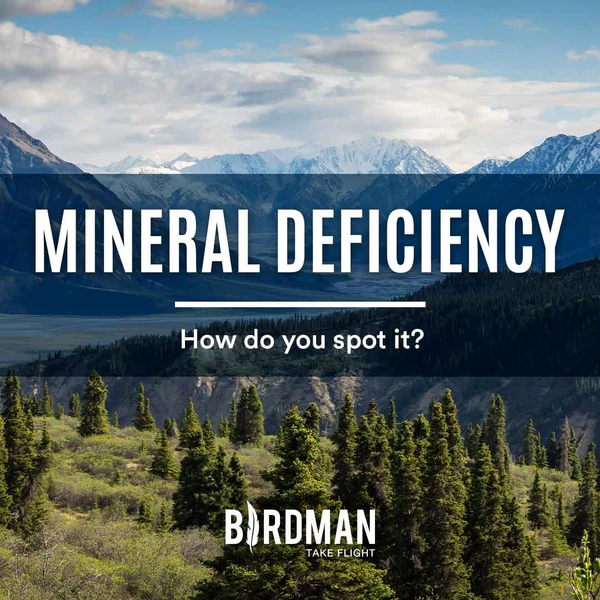The Hidden Deficit | Mineral Deficiency – The silent epidemic of mineral deficiency doesn’t just compromise health; it undermines the very vitality of our global population. Imagine, for a moment, living with an invisible ailment that saps your energy, weakens your bones, and clouds your mind. This is the stark reality for millions worldwide grappling with insufficient dietary minerals.
Key Takeaways
- Prevalence: Mineral deficiencies are alarmingly common, affecting global health.
- Key Minerals: Iron, calcium, and magnesium are vital yet often lacking in many diets.
- Symptoms: Symptoms range from fatigue and weakness to severe health complications.
- Solutions: Diet adjustments and supplementation can help mitigate these deficiencies.
What Is Mineral Deficiency?
Mineral deficiency occurs when the body doesn’t absorb or get enough minerals from the diet to perform essential functions. These minerals, including the likes of calcium, magnesium, and zinc, are pivotal in maintaining optimal health. For more details, visit this comprehensive resource on mineral deficiency here.
The Critical Role of Dietary Minerals
Dietary minerals are the architects of our body’s infrastructure. They contribute to bone formation, nerve function, and the synthesis of hormones. Not just supporting cast, minerals like iron and zinc are front and center in preventing anemia and enhancing immune function, respectively.
How Deficiencies Develop
Nutrient deficiencies stem from various factors:
- Poor diet: Lacking diversity or quantity
- Health conditions: Disorders that impair nutrient absorption
- Lifestyle choices: Such as excessive alcohol use or specific diets
Recognizing the Signs
Symptoms of mineral deficiency can be elusive and vary widely, including:
- Fatigue and general weakness
- Irregular heart rhythms
- Compromised immune response

The Most Common Mineral Deficiencies
Iron: The Widespread Deficiency
Iron deficiency, leading to anemia, is perhaps the most prevalent mineral shortfall, with significant impacts worldwide. Learn more about it here.
Calcium: Essential for Bone Health
Despite its abundance in many diets, calcium deficiency is shockingly common, especially among postmenopausal women. This deficiency can lead to osteoporosis and increased fracture risk.
Magnesium: Overlooked but Critical
Magnesium plays a crucial role in over 300 enzymatic reactions in the body, yet it is one of the most frequently overlooked deficiencies. It’s essential for heart health, muscle function, and the regulation of blood sugar and blood pressure levels.
Diagnostic and Treatment Strategies
Identifying and treating mineral deficiencies involves a blend of dietary surveys, symptom checking, and blood tests. Treatment strategies often include:
- Dietary adjustments: Incorporating a variety of nutrient-rich foods
- Supplementation: Under medical supervision to avoid toxicity
For an extensive guide on managing nutrient deficiencies, check this guide.
Innovative Dietary Solutions
Emphasizing a diet rich in vegetables, fruits, whole grains, and lean proteins is crucial. Foods like spinach, dairy products, and nuts are potent sources of essential minerals.
Tables of Essential Minerals and Their Sources
| Mineral | Primary Sources | Recommended Daily Intake |
|---|---|---|
| Iron | Red meat, spinach | 18 mg |
| Calcium | Dairy, leafy greens | 1000 mg |
| Magnesium | Nuts, whole grains | 400 mg |
Incorporating these sources into daily meals can significantly ward off potential deficiencies.

Impact on Different Demographics
Children and Adolescents
For growing children and adolescents, adequate mineral intake is crucial for proper growth and development. Deficiencies in minerals like calcium can impair bone development, while iron is essential for cognitive growth and energy levels.
Elderly Population
As we age, our bodies become less efficient at absorbing nutrients. Elderly individuals are particularly susceptible to deficiencies in minerals such as magnesium, which can exacerbate chronic conditions and impact overall health.
Pregnant Women
Pregnancy increases the demand for nutrients, including minerals like iron and calcium. Adequate mineral intake during pregnancy supports fetal development and reduces the risk of complications.
Frequently Asked Questions
What Are the Long-Term Effects of Mineral Deficiency?
Long-term effects of mineral deficiency can be severe, including chronic health issues like osteoporosis from calcium deficiency or increased risk of infections from zinc deficiency. Ensuring adequate mineral intake is crucial for long-term health.
Can You Rely Solely on Supplements to Manage Mineral Deficiency?
While supplements can help, they should not replace a balanced diet. It’s best to obtain minerals from food sources, as they come with additional beneficial nutrients. Supplements should be used under the guidance of a healthcare provider.
How Can Vegetarians and Vegans Avoid Mineral Deficiencies?
Vegetarians and vegans should focus on plant-based sources of essential minerals, like legumes for iron and leafy greens for calcium. Incorporating fortified foods and considering supplements like B12 can also be beneficial.
What Are Some Common Misconceptions About Mineral Deficiency?
A common misconception is that only poor diets cause mineral deficiencies. However, factors like aging, health conditions, and medication can also lead to deficiencies, regardless of diet.
Advancements in Nutritional Science
Recent studies have shed light on the bioavailability of minerals from different food sources and the role of gut health in mineral absorption. Innovations in nutritional science continue to improve our understanding and management of mineral deficiencies.
Implementing Effective Solutions
Addressing mineral deficiencies involves a multi-faceted approach:
- Education: Increasing awareness about the importance of a balanced diet rich in essential minerals.
- Access to nutritious foods: Ensuring that populations have access to fresh, nutrient-dense foods.
- Regular health screenings: Encouraging regular nutrient level checks, especially in vulnerable populations.
Resources and Further Reading
For those interested in further exploring the topic of mineral deficiency and its broader implications, several resources are available:
By leveraging these resources and advancing our understanding of nutritional science, we can better combat the pervasive issue of mineral deficiency.

